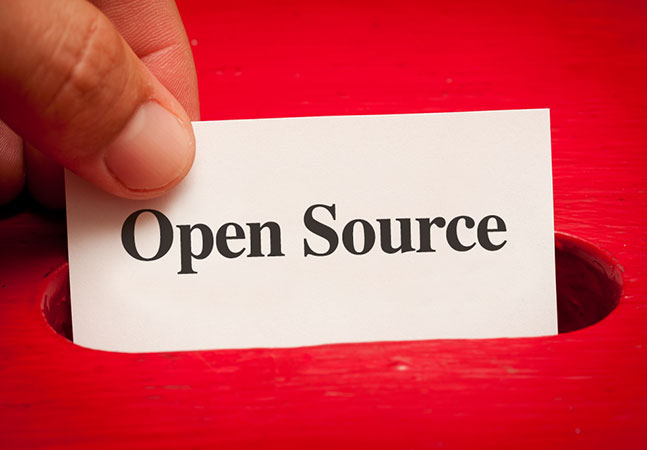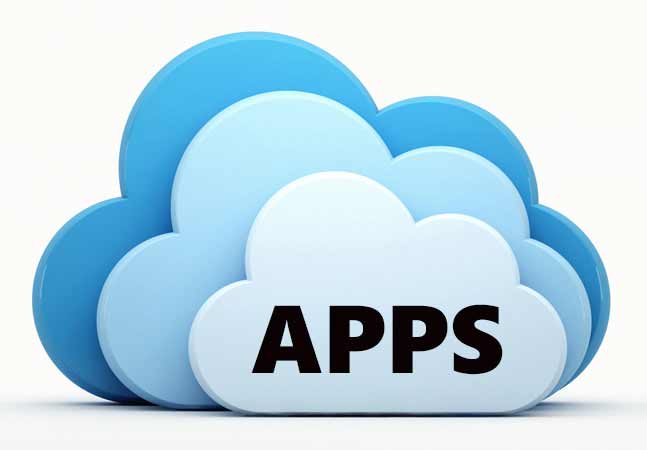
It's been a long wait for C++ coders wanting to leverage the Amazon Web Services cloud for their development, but version 1.0 of the AWS SDK for C++ is finally ready for production use.

Freelance development firm Upwork has showcased "the world's top mobile app development freelancers" on its site, revealing hourly rates ranging from $14 to $70 for coders working in countries around the globe, from Belarus to Sweden to the U.S.

Web developers looking where to concentrate their efforts might be interested in new research that indicates Americans now mostly use smartphones for their online lives.

Researchers at Binghamton University, State University of New York are trying to improve how mobile devices save data to the cloud.

Mobile developers can now apply for early access to new in-app search functionality for their Android apps.

Today Apple is tending to some housekeeping chores in its App Store, cleaning out non-quality apps and providing mobile developers with guidance to keep their wares functional and engaging.

Google developer advocate Felipe Hoffa showed off the capabilities of the company's cloud-based BigQuery data warehouse by analyzing some 1 billion files across 400,000 GitHub repositories to see if developers prefer tabs or spaces to indent their code.

Citing security concerns and a lack of vested volunteer developers to advance its mission, an exec with the open source Apache OpenOffice project has floated discussion about retiring the popular software.

Microsoft doesn't expect to be adding any major new features to its upcoming open source TypeScript 2.0 programming language, which was recently made available in a Release Candidate version.

Google is inviting more mobile app developers to use its Early Access program, in which open betas are made available to the public to give users a first look at new creations while providing developers with valuable pre-release feedback.

VMware has beefed up the capabilities of its nascent container platform, vSphere Integrated Containers (VIC), with two open source projects.

With open source having won in becoming today's preeminent architecture, developers may want to check up on the most popular development tools used in community projects.

With the brand-new Android Nougat 7.0 OS rolling out now to phones, Google has published new updates to its Material Design specs for Android app development, including revised notifications, new widgets, upgraded navigation and more.

Another effort to bypass professional mobile app developers has emerged from TerraGo, which announced TerraGo Magic, "a zero-code app platform."

Hewlett Packard Enterprise today announced a new tool that combines machine learning APIs and cognitive services with visual development to democratize those cutting-edge technologies for mainstream developers.

Software engineers or data scientists often head the list of tech salary surveys, but the latest study from careers firm Hired Inc. shows a new leader: program manager.

A new extension in the Visual Studio Marketplace provides continuous delivery of iOS apps to the Apple App Store from Visual Studio Team Services or Team Foundation Server.

A new mobile development survey shows biometric authentication is seen as the best option to improve app security and privacy, despite alternatives with "more novelty."

Many key features of the upcoming C# 7.0 release are available in the latest Visual Studio "15" preview, and developers are already getting excited about tuples and pattern matching.

For the first time, developers using Visual Studio Code can debug iOS mobile Web apps directly from the code editor on Windows machines. Previously, debugging the JavaScript code powering these apps in the Safari browser was possible only on Macs.